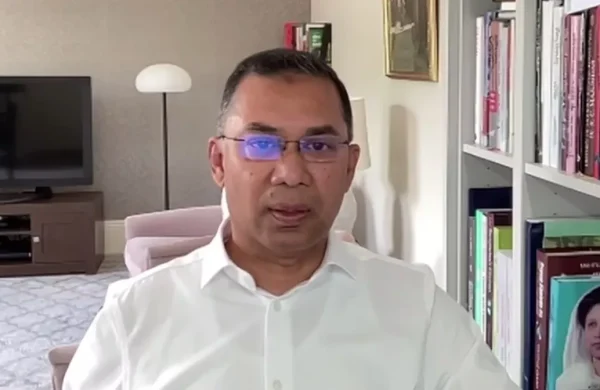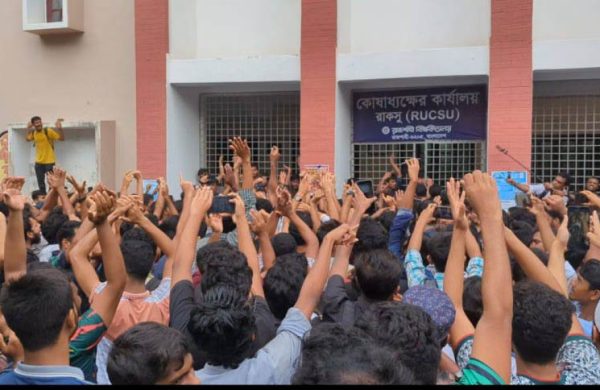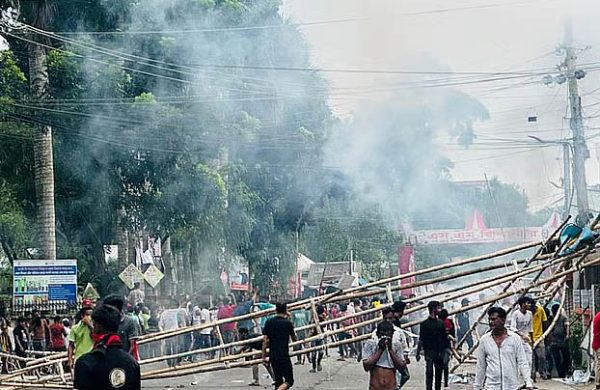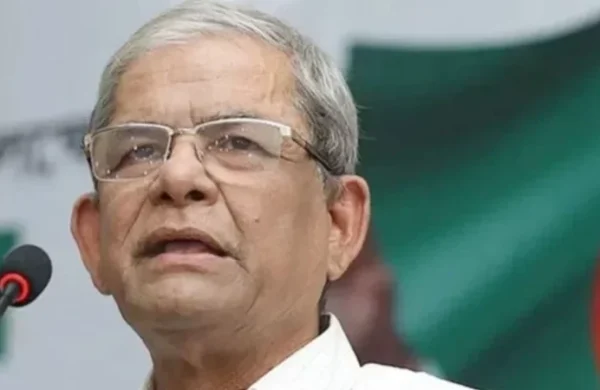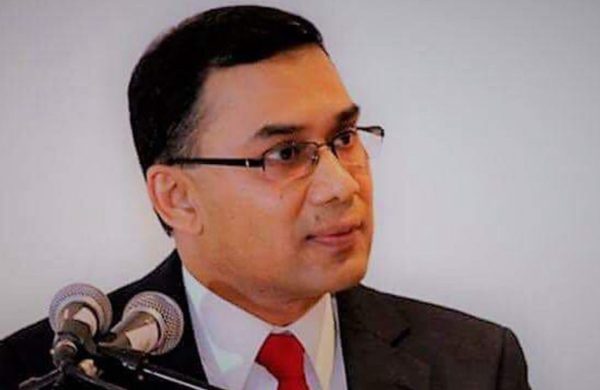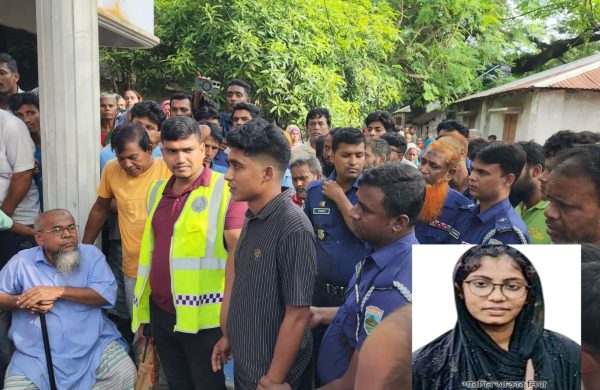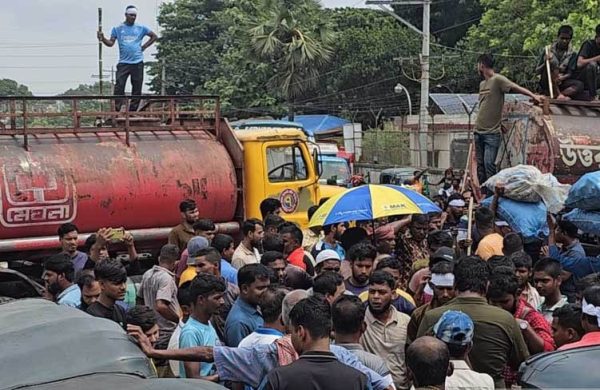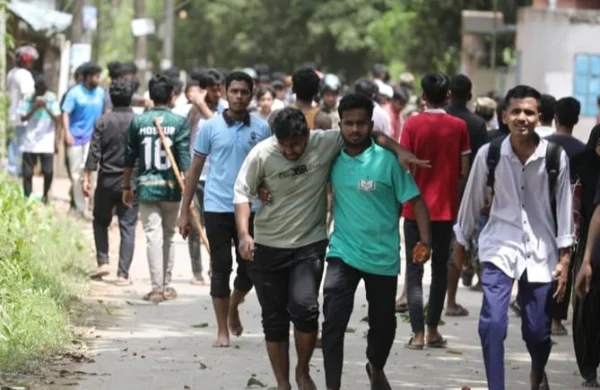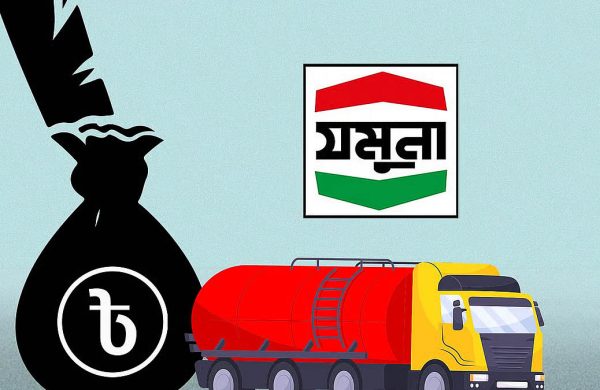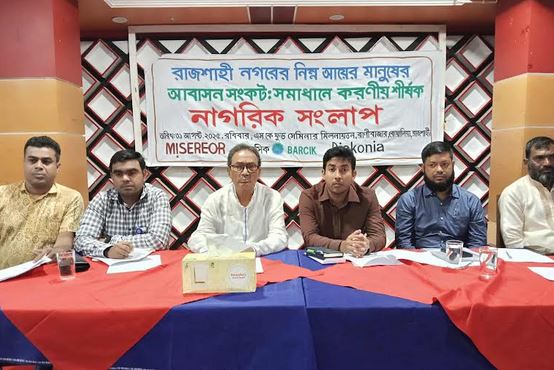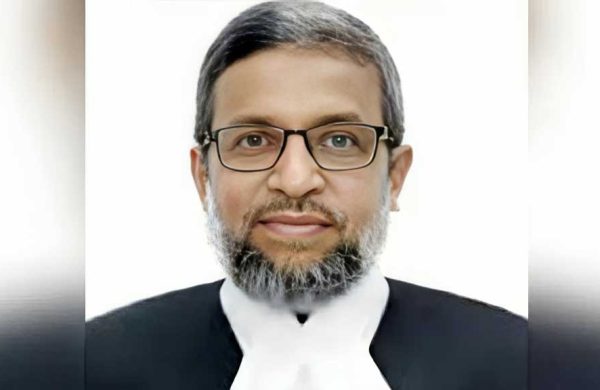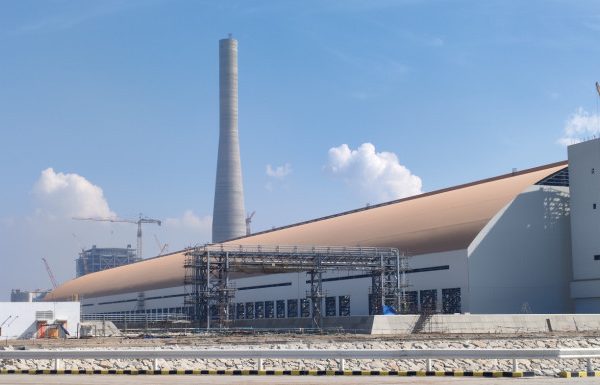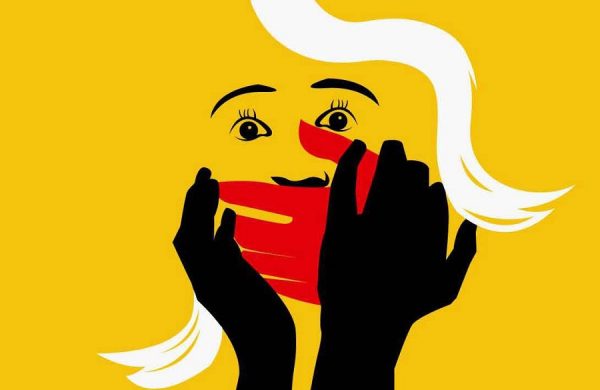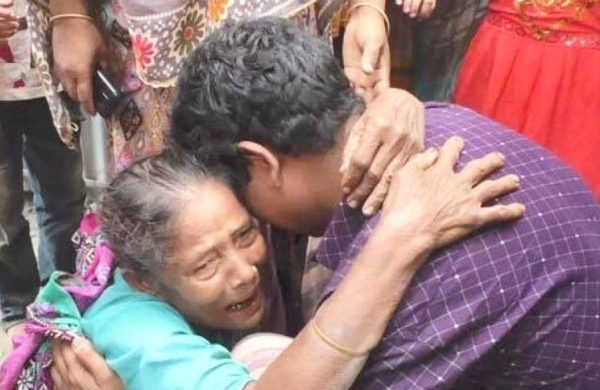12TH PARLIAMENTARY ELECTION: Awami League gets a fourth term, but who gets to be the opposition in parliament?
- Update Time : Monday, January 8, 2024
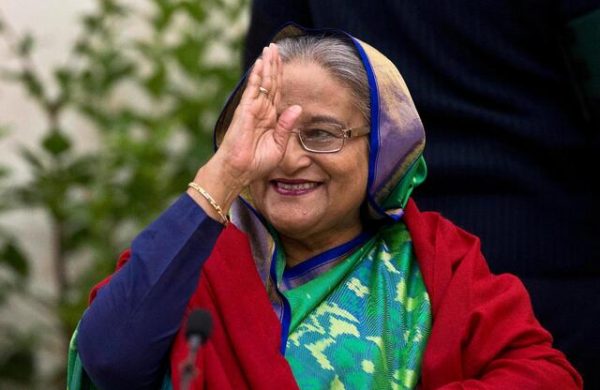
Desk Report:
Prime Minister Sheikh Hasina’s Awami League clinching a record-extending fourth term in power was never in doubt, but Sunday’s election has catapulted the independents into the second position ahead of the Jatiya Party, with the boycotting BNP out of the equation.
It raises questions about the composition and role of the opposition in parliament, especially in light of the largest opposition BNP’s boycott.
Independent candidates of the ruling party have scored shock victories over dozens of heavyweights, including incumbent MPs of the Awami League and the Jatiya Party.
The Jatiya Party is set to be the official opposition in parliament again, commanding just 11 seats. Its candidates have lost in half of the 26 constituencies left by the Awami League in a seat-sharing deal.
The rebel candidates of the Awami League have won nearly six times as many seats as the Jatiya Party at 61. The Awami League has secured an absolute majority with 223 out of 299 constituencies.
The unexpected victories of these independent candidates have significantly altered the political landscape, hinting at a new era of internal competition within the ruling party itself.
As Bangladesh steps into this new term under the Awami League’s governance, the reshaping of the opposition poses critical questions about the future of the country’s parliamentary dynamics and political balance.
The Awami League’s allies the Jatiya Samajtantrik Dal and the Workers Party won one each. The Kalyan Party, which had once been in the BNP-led coalition, also secured a win in one seat.
Amid low turnout, senior BNP leader Abdul Moyeen Khan claimed their boycott of the polls worked. His party has been out of parliament since the 2014 vote which it stayed away from and did so again five years later demanding elections under caretaker administration.
Sensing a resounding defeat to the Awami League and its independent candidates, Jatiya Party Chairman GM Quader expressed worries that his party may have been persuaded to contest the election only to be used as a pawn in establishing “single-party rule” in Bangladesh.
The premier thanked the people for allowing the government to hold a fair election.
Awami League gets a fourth term, but who gets to be the opposition in parliament?
AL CANDIDATES LOSE TO PARTY RIVALS
The Awami League allowed its rebel candidates to fight freely this time to drum up support among the voters for a satisfactory turnout.
The independent candidates have defeated party nominees in dozens of seats.
The Awami League candidates who lost to independents from the party include three state ministers – Mahbub Alim Enamur Rahman and Swapan Bhattacharya.
The list of such candidates also includes heavyweights like Awami League Publicity Secretary Abdus Sobhan Mia Golap, three times MP Dhirendra Debnath Shambhu, Presidium Member Kazi Zafarullah, Cultural Affairs Secretary Ashim Kumar Ukil, Liberation War Affairs Secretary Mrinal Kanti Das, and celebrated singer Momtaz Begum.
Former information minister Hasanul Haque Inu, the president of Jatiya Samajtantrik Dal and a key partner of the Awami League in the 14-Party Alliance, lost to the ruling party’s independent candidate.
So did Anwar Hossain Manju of the Jatiya Party-JP and Fazle Hossain Badsha of the Workers Party.
RENEWED CRISIS OF OPPOSITION
The independent candidates’ victory amid the Awami League’s absolute majority may create a crisis in the country’s politics, believes journalist and columnist Bibhu Ranjan Sarker.
It will also create a crisis among the Awami League’s allies, he said in live broadcast of events, results and analysis.
“The Awami League is always ahead because of its strategy, not for ideological stand I think,” he said.
“There should have been a strong opposition. Not just in name only. We saw some subordinate and domesticated opposition in our country. Such oppositions are ineffective and they play no role in flourishing democracy.”
And it does not appear to him that the independent candidates will play the role of the opposition in parliament.
“Some of the independents may not join the Awami League, but most of them will. So, it will actually be a one-party parliament.”
Salman F Rahman, the private industry and investment advisor to Hasina, however, sees the issue differently.
“The people have elected those deemed eligible to them. Victories of so many independents mean the election was free and fair,” he said while live broadcast.
Then who will be the opposition in parliament?
“Who has been the opposition in India in the past 10 years? There has been no leader of the opposition there for 10 years because the opposition must win at least 10 percent seats. The Congress party has less than 10 percent seats,” Salman pointed out.
“The Jatiya Party will play the role of the opposition even if they win six seats. I can’t say what the independents will do.” (Source: bdnews)


